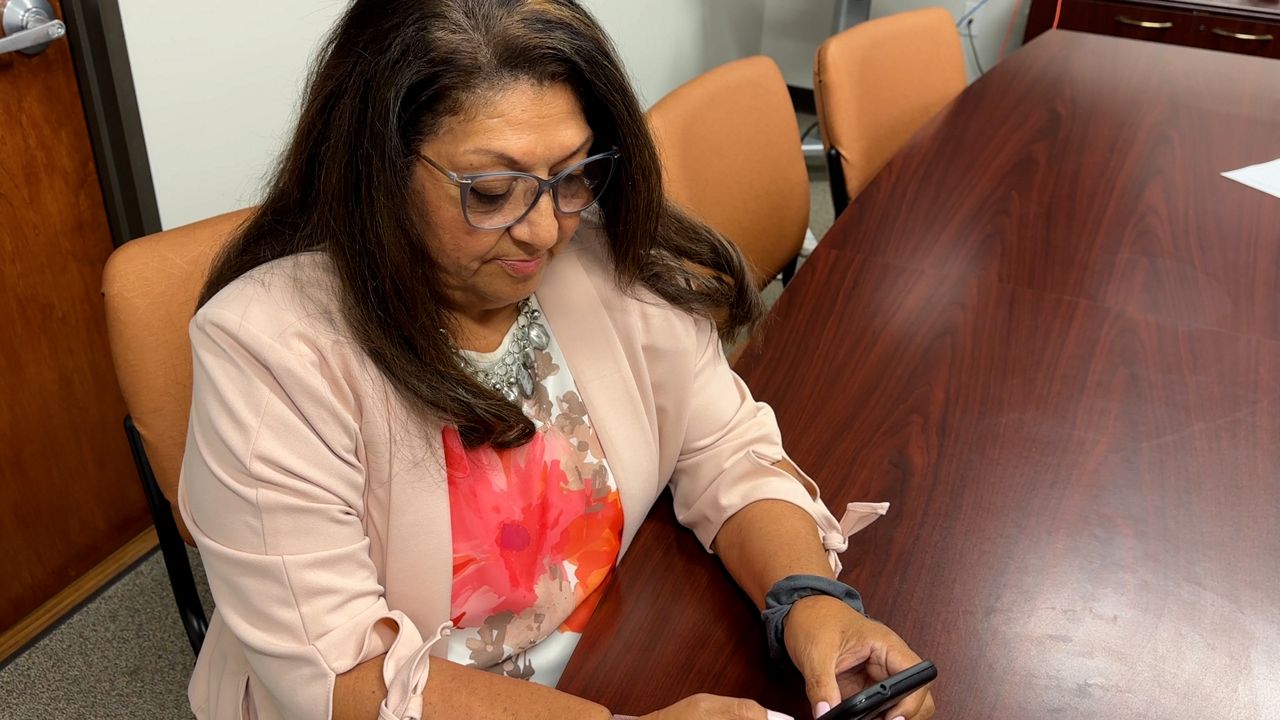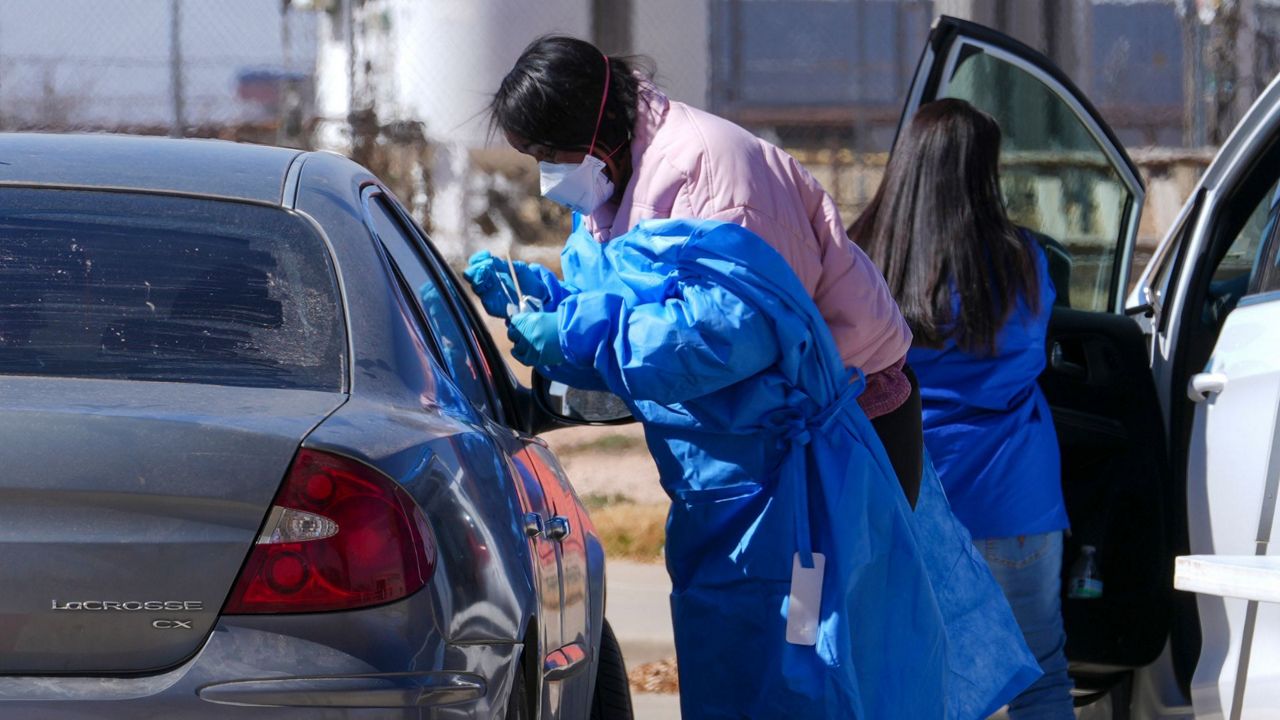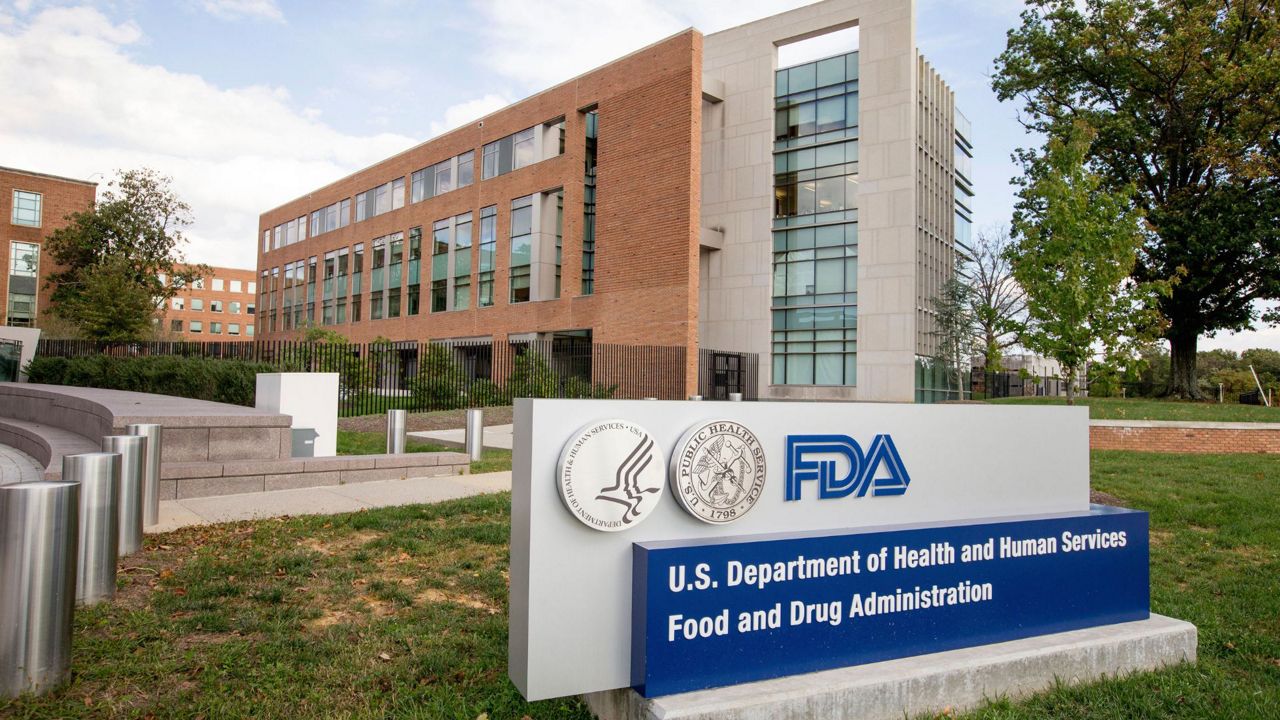HOUSTON — Dr. Foye Ikyaator, medical director at Life Savers Emergency Room, has seen the syphilis spike in Houston firsthand. In the last three years, cases have jumped 57%. That's nearly 3,000 cases.
“I think that’s what the scary part is,” Ikyaator said. “We’re seeing more positives, patients looking for testing and more results are coming back positive.”

The sexually-transmitted infection isn’t new to the medical field. In fact, spikes do occur, though experts say it’s hard to pinpoint why. Health care professionals believe this most recent increase could be attributable to more widely available testing. Maybe most importantly, it is very treatable.
“We’re stocking more with antibiotics,” Ikyaator said. “It’s easily treatable. It can be treated with an IM shot or an oral therapy. It’s a bacterial infection.”
However, there is still reason for concern. Women have seen a 128% jump in syphilis cases over the span of the last three years, and it can have dire consequences for expectant mothers.
“We’re seeing congenital or pregnant women with syphilis, and this can obviously be deadly for the babies. [They] can be born stillborn or with physiological deficits,” Ikyaator said.

Lupita Thornton, public health manager with the Houston Health Department, says the city is being proactive to combat the spread, including increased education and mobile testing clinics around the city.
“Get tested, get treated, get your partners tested and treated as well," Thornton said. “We’ll get these numbers down. It’ll take several months but we’re shooting in that direction.”
As for other large cities such as Austin, Dallas and San Antonio, Thornton says the outbreak should serve as a cautionary tale.

“It’s very important that everyone start to look at data, start treatment, start testing for their community and look a little harder,” Thornton said.
“Knowledge is power. The more we know about any situation, epidemic, what’s going on, the more we can be prepared,” Ikyaator said. “Be your own advocate.”









)

